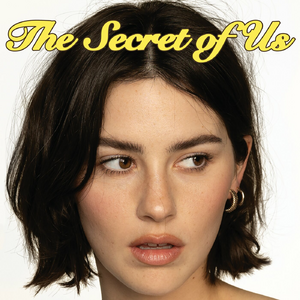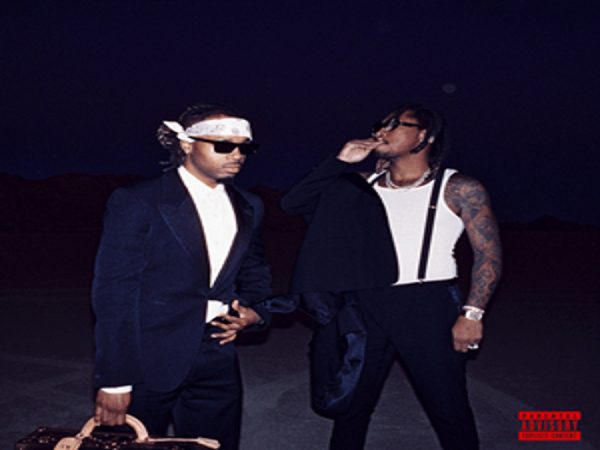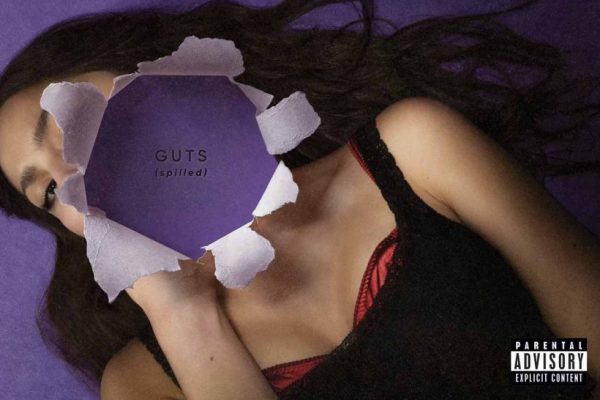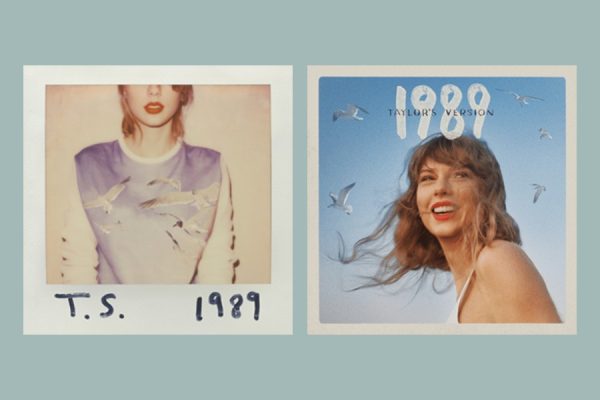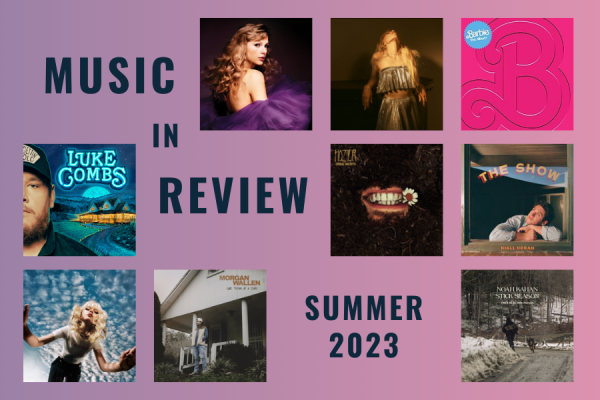’30’: Adele’s best, most emotionally vulnerable album yet
November 24, 2021

Musical artists truly do pour their hearts into their lyrics. With that, the bravery it takes to share one’s story, for the judgment of millions of wide-eyed, critique-ready fans, is commendable. In Adele’s latest album, 30, released on Friday, Nov. 19, courage is apparent in every one of its lyrical components, as Adele discusses divorce, guilt, and happiness in a more complex and risky manner than ever before, while still maintaining her uniquely powerful soul style.
“Divorce, Babe. Divorce,” Adele said on Instagram live (Oct. 9) as she explained the premise of her upcoming R&B soul album, 30.
30, Adele’s fourth studio album, is unlike the singer’s past albums (19, 21, 25), which work together as a trilogy of the stages of grief that affect a romantically-broken heart. 30 evokes an air of positivity and new beginnings that isn’t present in Adele’s previous work, emphasizing the maturity that emanates from this album. As Adele tackles the process of leaving her three-year marriage to Simon Konecki and explaining the decision to her nine-year-old son, she teaches her audience valuable lessons of self-assurance and pursuing happiness through a diverse musical palette.
First on the tracklist is “Strangers by Nature,” which perfectly builds the nature of the album. With minimal lyrics, this song begins with a twinkly orchestra that works as an opening credits to the pieces ahead. Heavily influenced by Judy Garland, lyrics such as, “Every anniversary I’ll pay respects and say I’m sorry/ No one knows what it’s like to be us/ Alright then, I’m ready,” although seemingly melancholy, emphasize the self-revelation ahead in a deeply spirited manner.
Next, the titular song “Easy on Me”, released as the lead single of the album on Oct. 15, pleases with the Adele ballads we all know and love. In front of her classic piano instrumentals, Adele candidly confesses to her son the immaturity she held when entering her marriage and ex-husband. In contrast to the dark undertones of her earlier pieces “Rolling in the Deep” and “Hello” that contain similar vocals, “Easy on Me” provides an air of lightness that resembles spring-time growth and that is more than easy on the ears.
“My Little Love” is overwhelmingly apologetic while at the same time empowering as Adele clearly explains to her son, Angelo Adkins, the reasoning for the divorce. With snippets of conversations Adele has had with her son, this song connects with audiences on an incredibly personal level as the singer embraces motherhood and feminism in lines such as, “I’m so sorry if what I’ve done makes you feel sad/ I love your dad ’cause he gave you to me.”
Although the snippets at times may seem to take away from the overall string and strong maternal vocal elements of the song, I think “My Little Love” wouldn’t be complete without them, as they add a strangely necessary lyrical component to the trip-hop track that intimately speaks directly to Adele’s message. This gift to her son shares similarities with “Haunted” (2013) by Beyoncé, which follows the same path of ambitious storytelling.
“Oh My God”, “I Drink Wine”, and “Women like Me” are stand outs on the album.
Adele’s emotional presence mixes well with edgy, budding romance, forming the perfect rebound song “Oh My God.” The production of this track is like none other on the album, as organs, basses, and electronic background calls cry in encouragement of Adele’s newfound attraction.
“Women like Me” carries a spiteful tone as Adele channels confidence into self-respect. Lyrics like, “Complacency is the worst trait to have, are you crazy?/ You ain’t never had, ain’t never had a woman like me,” are accompanied by a strikingly calm tone. The lack of production within this song makes the lyrics linger longer and sting deeper.
“I Drink Wine” has similar jazz instrumentals and vocal control to songs from Disney’s The Princess and the Frog (2009). On 30, Adele soulfully conveys her shift in priorities after the divorce, in a bitter manner that mimics her style on 21.
By far, my favorite of the twelve songs on 30 is “To Be Loved.” Adele vulnerably sings, “To be loved and love at the highest count/ Means to lose all the things I can’t live without.” Adele pours her heart into every single word of this almost-seven-minute masterpiece. Her vocal control adds to the honesty of the track with every change in pitch. “To Be Loved” reaffirms the fact that no artist can belt out emotional ballads with only the support of faint piano instrumentals in the same way that Adele does.
As for the rest of the songs on the album (“Cry Your Heart Out”, “Can I Get It”, “All Night Parking”(with Erroll Garner), “Hold On”, “Love Is a Game”), Adele captivates in typical Adele fashion.
This album functions as a unit, each song contributing to Adele’s overall story of divorce. Although songs like “Strangers by Nature” and “All Night Parking” could be considered skip-worthy, they are integral to the storytelling of 30. Each song varies from two to six minutes, depending on its role within the album. By ridding the album-shuffle feature for 30 on Spotify, Adele proved that it isn’t about the single but the album as a whole.
To put it simply, 30 is the 2.0 version of Adele. With the perspectives she has gained from age and her relationships, Adele powerfully conveys healing and growth while succeeding in her vocal experimentation. Fans of Amy Winehouse, Taylor Swift’s lyrical genius, and Sam Smith will enjoy the rollercoaster ride that is this one-hour long album.
9/10


